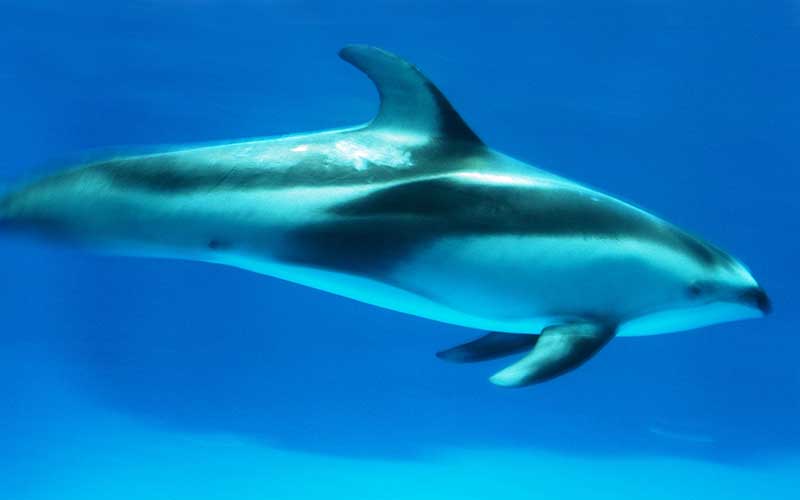Interesting Information About Dolphins
Dolphin Habitat and Distribution
Dolphins live in saltwater but they can also live in freshwater locations. Only a handful of the species though are known to thrive in freshwater regions. They tend to stick to the shallow areas of the water found along the continental shelves.
The overall anatomy of the dolphin is very detailed, and designed well for them to survive in the water.
Since wild dolphins catch and eat their food underwater and research is expensive and often hard to do, most of the data regarding their feeding habits has come from analyzing the contents of the stomachs of dead animals that wash up on the beach.
Dolphins, like almost all mammals, give birth to live young, and nurse them with mammary glands, though it boggles the mind to imagine nursing underwater. But the birth of a dolphin starts long before his babyhood; it starts with how Mom and Dad first met.
There are many telling signs that the dolphin is related to terrestrial origins. The fact that they need to come to the surface of the water to get air is the most dominant factor.
If you were to step out into the street and ask the first ten people you see whether or not they believed dolphins were creatures of intelligence, 8 of 10 would probably say yes.
Dolphins are not chicken of the sea; yet it would appear that they make a tasty meal for many predators. And why not? With an exceptionally high fat content, dolphin and other cetacean meat provides great nutrition for predators who stalk.
Many researchers agree that dolphins extremely social creatures and actually seem to depend on this interaction while hunting, mating and defending themselves and their pods. Typically, dolphins live and travel in groups ranging from 2-40 dolphins. Research has also shown dolphin pods as large as several hundred members.
Dolphin Echolocation
Dolphins make a sound that travels quickly through water. This sound is bounced back and the information decoded in the Dolphin Melon.
They have a vocabulary of danger sounds, food sounds, and seeking sounds, and sometimes put these sounds together in a reasonably complex fashion.
Studies show that dolphins have excellent hearing as well. They are able to hear frequencies that are least 10 times what the best adult hearing can offer.
There are a number of adaptations that dolphins developed during evolution living in water instead of on land.
The different sounds are made in different ways. Unlike any other animal besides humans, dolphins exhibit a great tendency to take turns when vocalizing.

